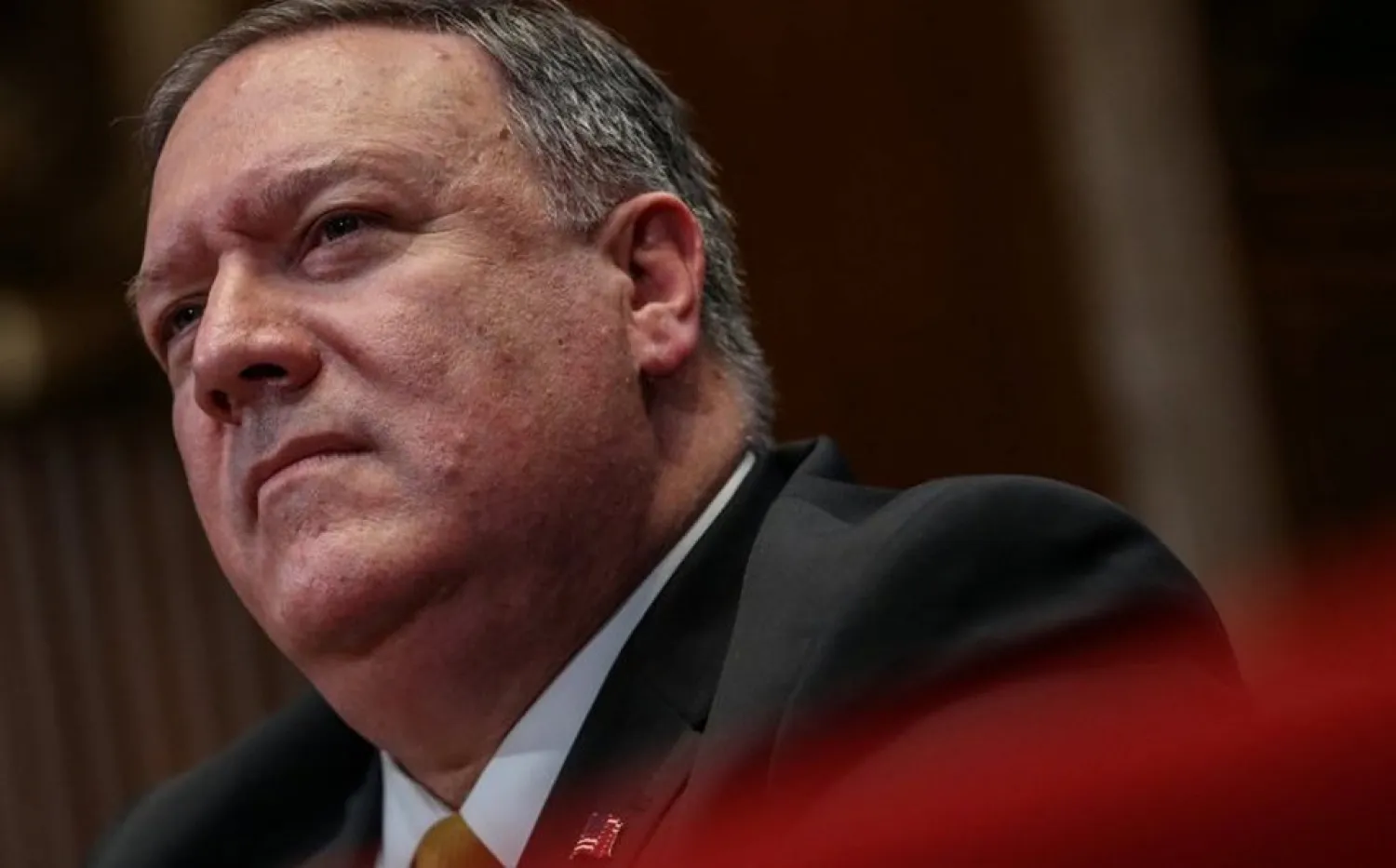Secretary of State Mike Pompeo underlined on Monday US support for the Saudi-led coalition in Yemen, blaming Iran for the civil war.
“The support we’re providing to the Saudis as they attempt to engage these dangerous missiles systems is in America’s best interest,” said Pompeo, according to The Hill newspaper.
He blamed Iran, saying the war is “Iranian led” and that Tehran has “chosen to direct” the Houthis not to withdraw from the port of Hodeidah as agreed to last year.
“The Houthis, who continue to refuse to comply with the agreements they have signed up for in Stockholm, Sweden, refused to move back from the port in Hodeidah,” he stressed.
He said weapons used by Houthis are smuggled into Yemen from Iran in addition to the missiles launched at Saudi territory and that affect civil aviation.
“The United States has an obligation to protect our citizens, so the support that we’re providing to the Saudis as they attempt to engage these dangerous missile systems is in America’s best interest,” he told the newspaper.
He said the US military support also aims at countering al-Qaeda in the Arabian Peninsula and ensuring protection of the US from the terror risk inside Yemen, pointing to the reasons why US President Donald Trump vetoed a Congress resolution to end support for Yemen.
When asked whether ISIS still poses a threat, Pompeo said it undoubtedly still does.
“We have made significant progress. I give our coalition partners – we built a coalition of over 80 countries, called the Defeat ISIS Coalition, an enormous global coalition to take down that caliphate. That coalition remains,” he responded.
On whether the US was seeking regime change in Iran, Pompeo said the US administration wants it “to make a set of decisions that are very different from the ones they’re making today.”
He highlighted the 12 demands by the US administration back in May 2018, stressing that they are all reasonable and simply call on Iran to behave like a normal country.
“They’re simple things like don’t kill people in Europe, don’t conduct assassinate – it’s not outrageous.”
He also wondered “whether it is outrageous to ask Iran not to support militias in Iraq to try and destabilize the Iraqi government so the Iraqi people have an independent, sovereign nation of their own.”









